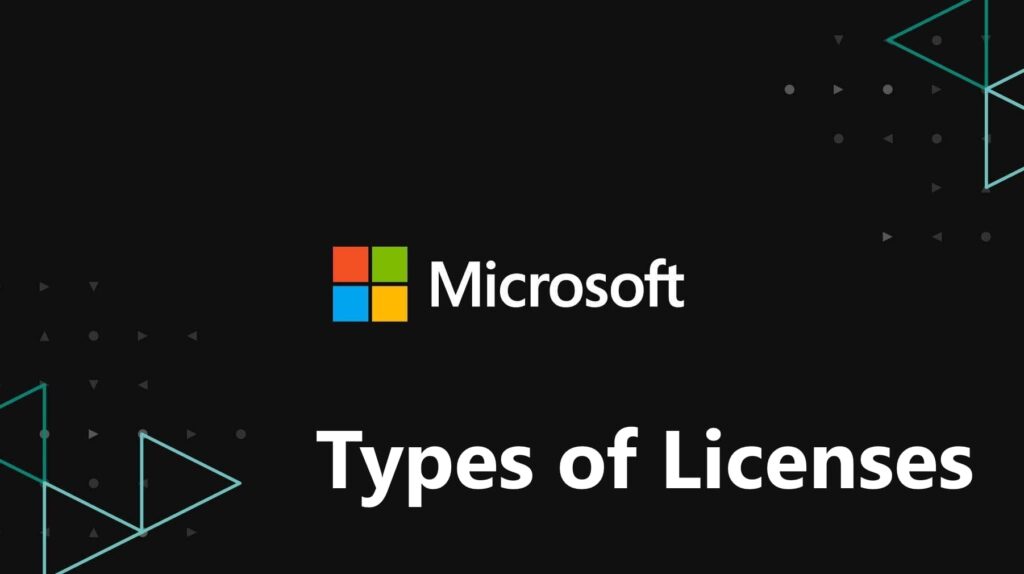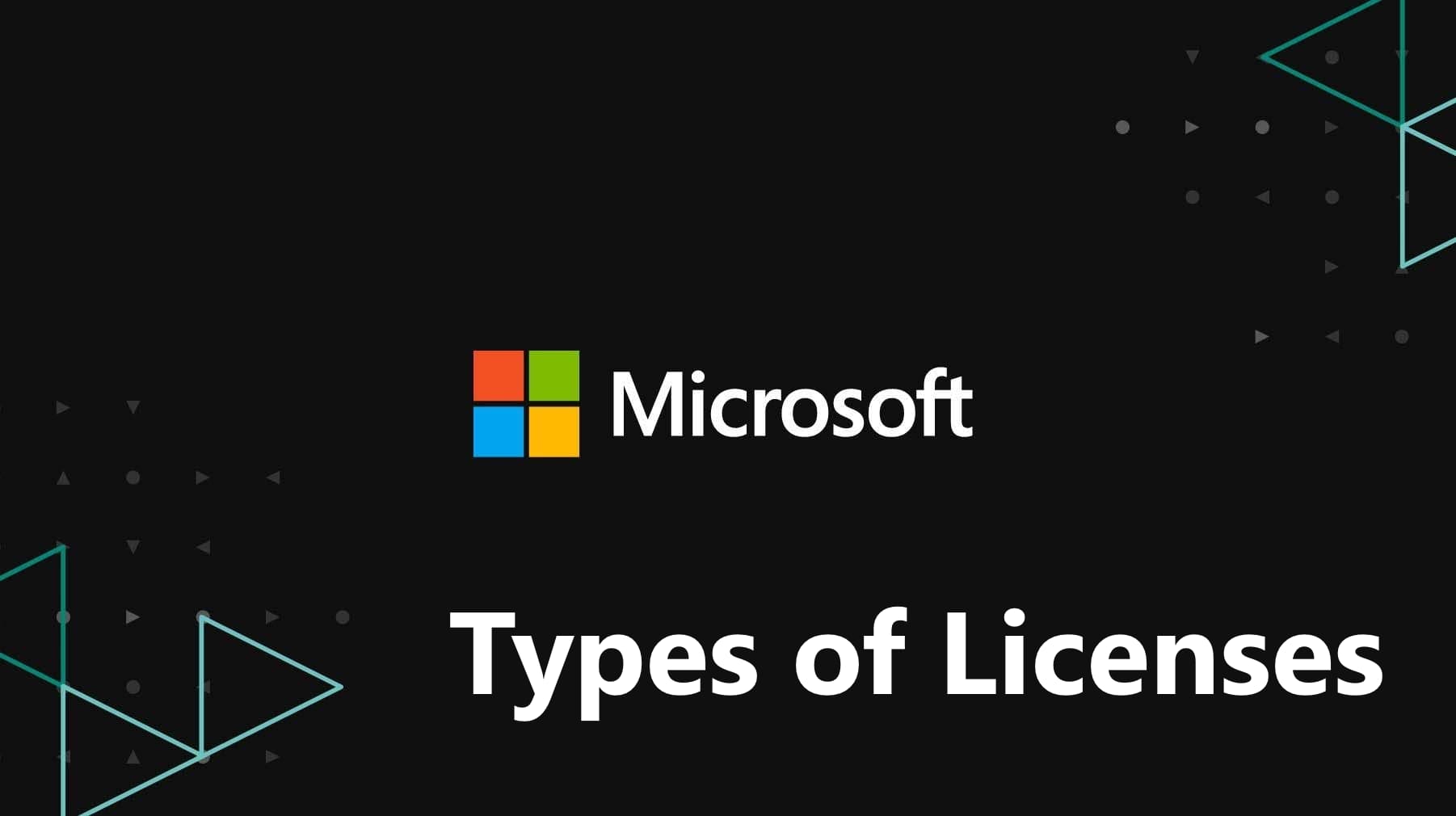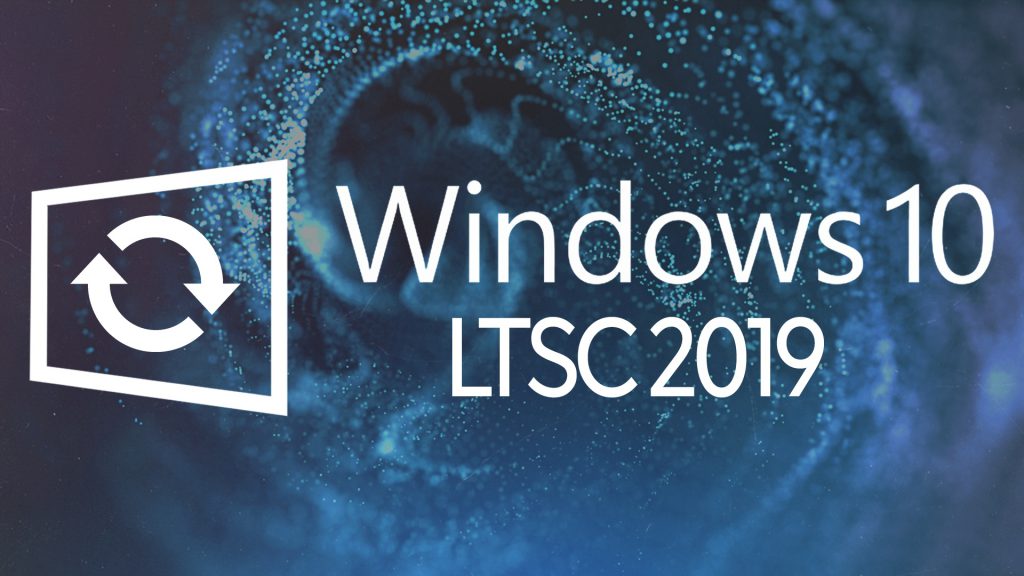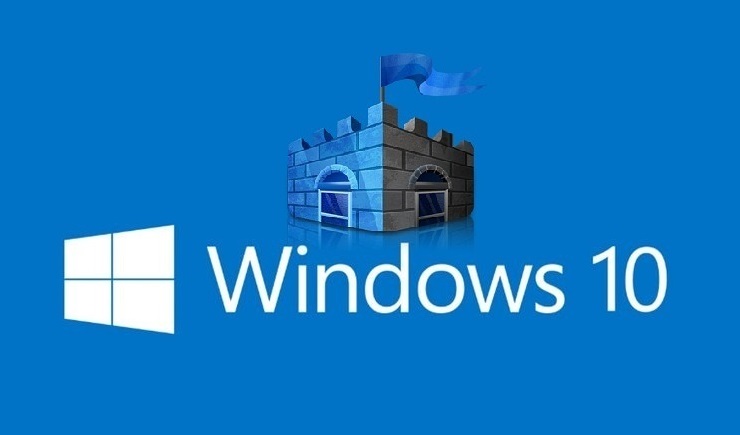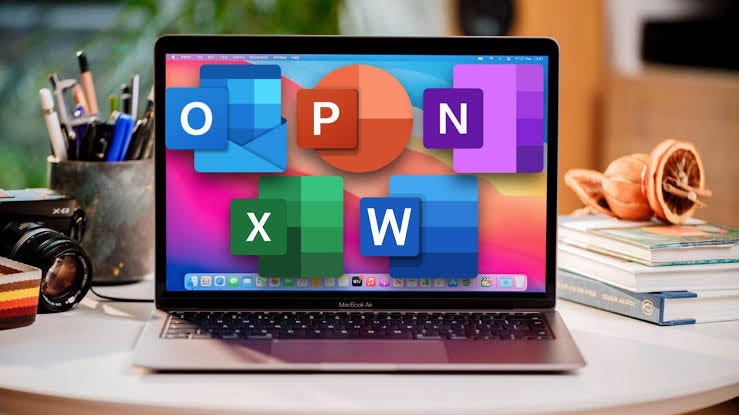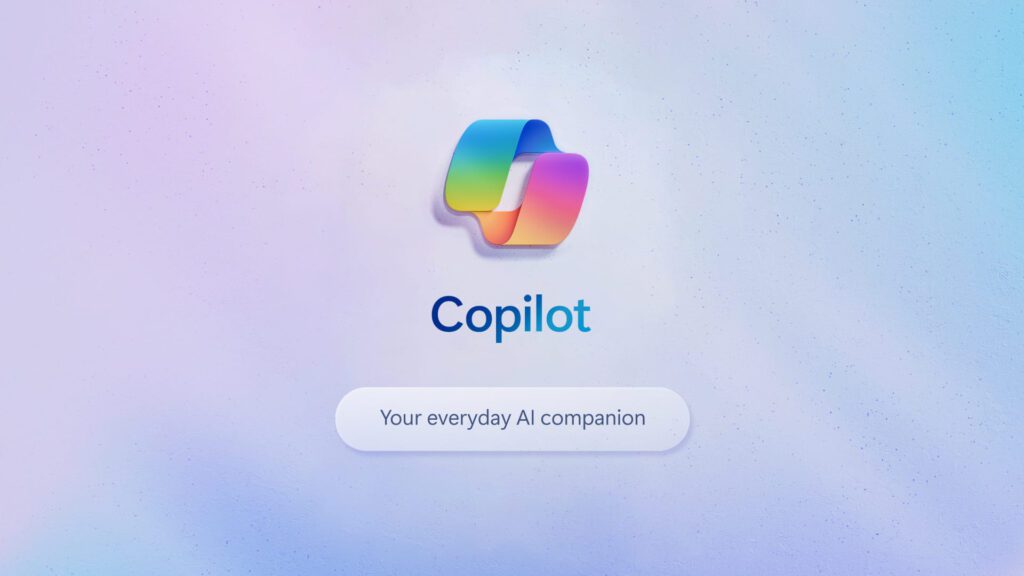In this article, I will look at all the licensing versions of Microsoft products, what they include, their features and differences. Let’s consider the following types of licensing:
– Retail
– OEM
– VL
– ESD
– RTM
– BOX
– Bind
– FPP
– CSP
– OLV
– MPSA
– EA/EAS
– Academic Open License
– School Agreement
– EES
– SPLA
If you already have a product key and you want to check what kind of licensing it belongs to, you can check it with our online service Pid-Checker.
In the context of Microsoft keys, the term “retail” refers to a type of license key that is made available for commercial use by end users. This means that a retail license key is intended for sale to end users through retail stores, online platforms, or other retail installer channels.
Retail license keys are sometimes included in boxed versions of Microsoft software, such as Windows operating systems, Office suites, and other products. Customers receive a physical copy of the product, or a digital activation code (if the seller claims only digital license sales), that allows them to unlock and use the software on their computers.
These licenses can be for one PC only or with the option to transfer the license to another PC. Check with your reseller for the characteristics of a particular product.
Our SoftComputers online store sells retail digital licenses only. You can purchase any Microsoft software from the SoftComputers online store. The key will be sent to your e-mail immediately, in automatic mode, immediately after payment for the product. Also, I provide free technical support 24/7 for all our customers.
In our catalog you can buy:
– Any version of Microsoft Office
– Microsoft Visio / Microsoft Project
Microsoft Original Equipment Manufacturer (OEM) Licensing is a type of licensing where operating systems or other software are pre-installed on new computers or devices by hardware manufacturers. These licenses are not intended to be sold separately from the new hardware to end users.
Microsoft OEM Licensing Important Features:
– Typically almost always hardware-bound: OEM licenses are tied to the specific computer or device on which they are preinstalled. They are typically not transferable to other computers.
– Non-transferable: If you replace a computer, the OEM license cannot be transferred to the new machine. This means that if you buy a new computer with an OEM license pre-installed, the old license cannot be used on the new device.
– Price and availability: OEM licenses typically cost less than retail licenses because they are purchased in bulk by Microsoft partners for pre-installation on new computers.
– Support: Support and updates for OEM licenses are typically provided by the hardware manufacturer, not directly by Microsoft.
– License agreement: You should always carefully review the terms of the license agreement that comes with an OEM product to understand its restrictions and usage rules.
OEM licenses are most commonly used for new computers, but they are not for those who want to purchase an operating system or software independent of the hardware and install it on an existing device.
Microsoft Volume Licensing (VL) is a special type of licensing designed for organizations that plan to use Microsoft software on a large scale. They allow such organizations to purchase and manage a large number of licenses for different Microsoft products.
Features of Microsoft VL Licenses
– Flexibility: VL licenses give organizations the flexibility to manage a large number of licenses for different products. This allows organizations to more effectively manage licenses and installations across multiple devices.
– Key Management Service (KMS) is included with VL licenses and allows organizations to activate and manage multiple devices through a centralized activation server.
– Updates and Support: VL licenses often include product updates and support for a set period of time. This helps organizations stay on top of security updates and new features.
– Multiple products: VL licenses allow organizations to purchase licenses for a variety of Microsoft software, including operating systems, office suites, and other products.
– User and Device Licensing: VL licenses can be purchased for both users and devices, depending on your organization’s needs.
Electronic Software Delivery (ESD) is a method of delivering and distributing software, including operating systems and other Microsoft products, electronically. ESD licensing allows users to purchase and download software directly from the Internet without purchasing physical media or visiting retail stores.
Microsoft ESD licensing features include:
– Digital delivery: ESD licenses provide the ability to download and install software directly from official Microsoft Web sites or from partners that offer digital versions of products.
– Electronic keys: Instead of receiving a physical copy of the product, users receive an electronic activation key to unlock and activate the software.
– Fast delivery: ESD licenses provide quick access to software without waiting for a physical copy to be delivered.
– Flexibility: This type of license is ideal for users who need immediate access to software or operating systems.
– No physical media: Because there is no physical media, a lost activation key may require extra effort to recover.
– Product Types: ESD licenses are available for a wide range of Microsoft products, including operating systems, office suites, applications, and other programs.
ESD licenses provide a convenient and fast way to obtain software, especially for users who prefer digital delivery and installation over the Internet.
Release to Manufacturing (RTM) at Microsoft means that a particular version of a software product, such as an operating system or application, is complete and ready to be released to production. When a product reaches RTM, it means that development, testing, and bug fixes have been completed and the product is ready to be installed on users’ devices.
Features of RTM versions of Microsoft software include:
– Completeness: The RTM version of a product is considered to be the final version that has passed all stages of development and testing. It is intended for actual use by end users.
– Ready for Production: When a product reaches the RTM stage, it is shipped to hardware manufacturers and other Microsoft partners for pre-installation on new devices.
– Market Installer: The RTM version of the product is ready for market release. This can include retail versions of the product as well as digital versions for download and installation.
– Updates and Patches: Once the RTM version of the product is released, Microsoft may provide security updates, bug fixes, and new features through updates until the next version of the product is released.
In the Microsoft context, the term “BOX” (or “retail box”) refers to a type of software license that is delivered in a physical box that contains installation media (typically a DVD) and printed materials such as instructions, serial number, or activation key.
BOX license features include:
– Physical copy: The BOX license includes physical media, such as a DVD or USB drive, that contains the software installation file.
– Activation key: The box contains an activation key that you can use to unlock and activate the software once it is installed.
– Retail: BOX licenses are intended for sale to end users through retail stores, online platforms, and other channels.
– Right to Reinstall: Typically, BOX licenses provide the right to reinstall the product on another computer if necessary. However, rules may vary depending on the product and license terms.
– Support and updates: BOX licenses may include limited support and updates for a period of time specified in the license terms.
– More expensive than ESD or Digital Retail: BOX licenses are typically more expensive than electronic software delivery (ESD) or digital retail licenses because they include physical media and additional materials.
– Internet independence: Users who purchase a BOX license can install the software without Internet access because all the necessary files are already on the physical media.
In the context of Microsoft licensing, the term “bind” refers to the practice of tying a software license to a specific device or user. This means that the license is “bound” to a specific hardware or user and can only be used on that device or for that user.
For example
– Device Bind: In this case, the software license is bind to a specific device (such as a computer). This means that you can only use the software on that device and cannot transfer the license to another device.
– User Bind: The license is bound to a specific user. This allows a user to use the software on any device, but only that user is authorized to use the software.
Bind systems may vary depending on the product and Microsoft’s licensing terms. It is important to read the terms of the license agreement carefully to understand the bind rules that apply to a particular product and license type.
FPP (Full Packaged Product), sometimes called “retail”, is a type of Microsoft software license that includes a physical media (such as a DVD) with the program installation files and a product key.
FPP license features include:
– Physical packaging: The FPP license comes in a physical package that may include a box containing a DVD, notes, instructions, and other printed materials.
– Product Key: The packaging contains a unique activation key that is required to activate the software after installation.
– Device or User Bind: Depending on the product and license type, FPP licenses may be device or user bind.
– Right to reinstall: Typically, FPP licenses provide the right to reinstall the software on another device if the current device fails or is replaced.
– Retail: FPP licenses are designed to be sold to end users through retail stores, online platforms, and other channels.
– Updates and Support: Depending on the product and version, FPP licenses may include limited support and updates for a period of time.
– Internet Independence: Users who purchase an FPP license can install the software without access to the Internet because all necessary files are already on the physical media.
FPP licenses are typically preferred by users who prefer to receive the software on a physical medium and be able to reinstall it on other devices.
In the Microsoft context, a Cloud Solution Provider (CSP) is a partnership program that enables cloud service providers to sell and manage Microsoft products, such as cloud services and subscriptions, to their customers.
However, CSP keys are not traditional license keys like retail or other types. Instead, cloud service providers in the CSP program can provide access to Microsoft cloud products through a centralized dashboard and portal.
Important Aspects of the CSP Program:
– Cloud Products: The CSP program enables partners to offer their customers access to a variety of Microsoft cloud products, such as Microsoft 365, Azure, and other cloud services.
– Centralized Access: Partners can manage and administer Microsoft products for their customers through dedicated dashboards, making the process more convenient and flexible.
– Monthly payment: In a CSP model, customers typically pay for cloud products on a monthly basis, which can make budgeting easier.
– Scalability flexibility: Customers can easily scale their subscriptions and services, adding or removing users and resources as needed.
– Support: In the CSP program, partners can provide technical support for Microsoft products to their customers.
OLV (Open License Volume) is a type of Microsoft software licensing that is designed for small and medium-sized organizations to purchase software licenses in bulk at a relatively low cost. The OLV program provides flexibility in license management and activation billing.
OLV program key features include:
– Volume Purchasing: OLV allows organizations to purchase software licenses in bulk, which can reduce per-unit costs.
– Discount levels: The more licenses you purchase, the higher the discount level your organization can receive.
– Flexible licensing: OLV allows you to purchase licenses for a wide variety of Microsoft products, including operating systems, Office suites, and more.
– Support and updates: Depending on the license you choose, it may include a specified period of support and updates.
– Centralized Management: The OLV program provides the ability to centrally manage licenses and their activation through specialized tools and portals.
– License Terms: Depending on the program and product selected, licensing terms may vary.
– Activation control: Organizations can track the number of activations, which helps manage and monitor product usage.
The OLV program offers better terms and flexibility than retail licenses, especially for organizations that need a large number of software licenses.
The Microsoft Products and Services Agreement (MPSA) is a Microsoft licensing program that enables organizations to simplify and improve the management of their software and cloud services subscriptions. MPSA combines a variety of Microsoft products and services into a single agreement.
The MPSA program’s key features include
– Centralized management: MPSA enables organizations to centrally manage their licenses and subscriptions for Microsoft products and services.
– Flexibility and Scalability: Organizations can choose from a variety of Microsoft products and services to meet their needs. This includes both on-premises software and cloud-based services.
– Simplified licensing: MPSA bundles multiple products and subscriptions to simplify the licensing and upgrade process.
– Support and Maintenance: MPSA provides access to technical support and maintenance, as well as product and licensing information.
– Cost Optimization: MPSA can help organizations optimize the cost of software and cloud services through flexible licensing models.
– Simple terms: MPSA provides stable terms over the life of the agreement, which simplifies budgeting and planning.
– Cloud and On-Site Products: The MPSA program includes both cloud-based services and on-site installation software.
Enterprise Agreement (EA) and Enterprise Agreement Subscription (EAS) are two related Microsoft licensing programs designed for large organizations and businesses. These programs provide organizations with flexible terms for purchasing licenses for Microsoft software and other products.
Here are the key features of each program:
Enterprise Agreement (EA):
– This is a long-term agreement that allows organizations to purchase Microsoft software licenses for a set period of time (typically 3 years).
– The program provides the flexibility to choose Microsoft products and services for on-premises and cloud deployments.
– Organizations gain access to volume discounts that can reduce the per-unit cost of products.
– Subscription to the EA program may also include certain services and upgrades.
Enterprise Agreement Subscription (EAS):
– This is a variation of the EA program, but with a focus on cloud subscriptions.
– The EAS program provides organizations with access to Microsoft cloud services (such as Microsoft 365) for a set period of time, typically 3 years.
– EAS also provides a flexible selection of Microsoft products and services for use in the cloud.
– An EAS subscription may include support and upgrades.
Both programs (EA and EAS) provide organizations with manageable and predictable ways to purchase, manage, and upgrade Microsoft products at scale. Specific terms, products, and discounts may vary by region, time, and specific agreement.
Academic Open License (AOL) is a Microsoft licensing program designed for educational institutions such as schools, universities, colleges, and other educational organizations. This program provides special terms and pricing to make Microsoft products and services available to educational institutions.
Academic Open License features include:
– Support for educational institutions: AOL provides educational institutions with access to special pricing and terms for licensing Microsoft products.
– Volume discounts: The program offers volume discounts that allow educational institutions to save money on product purchases.
– Flexible product selection: AOL allows educational institutions to choose from a variety of Microsoft products and services to meet their needs. This can range from on-site installation software to cloud-based services.
– Simplified management: AOL provides easier license management for educational institutions.
– Updates and support: Depending on the product, AOL may include support and updates.
– Educational Licensing: The AOL program offers special educational licenses that may have additional features and restrictions compared to commercial licenses.
– The Academic Open License program is designed to provide educational institutions with an affordable and customized environment for using Microsoft products for educational purposes.
School Agreement is a Microsoft licensing program designed specifically for educational institutions such as schools and colleges. This program provides educational institutions with access to Microsoft products and services at special rates.
School Agreement key features:
– Special terms: The School Agreement program provides educational institutions with special pricing and terms for licensing Microsoft products.
– Volume Discounts: Educational institutions can receive volume discounts on Microsoft products and services, saving money.
– Product Choice: The program allows you to choose from a variety of Microsoft products and services to meet your educational needs.
– Ease of administration: School Agreements can provide more convenient and centralized license management for educational institutions.
– Updates and support: Depending on the product and agreement, educational institutions may have access to updates and technical support.
The School Licensing Program is designed to provide educational institutions with an efficient and convenient way to access Microsoft products for educational and administrative purposes.
EES (Enrollment for Education Solutions) is a Microsoft licensing program designed specifically for educational institutions such as schools, universities, and other educational organizations. This program provides educational institutions with access to a wide range of Microsoft products and services at special rates.
EES program key features include:
– Consolidated Licensing: The EES program allows educational institutions to license a wide range of Microsoft products and services under one universal agreement.
– Volume discounts: Educational institutions receive volume discounts on Microsoft products and services, making software more affordable.
– Flexible product selection: EES allows educational institutions to choose from a variety of Microsoft products to meet their educational needs. This can range from on-site installation software to cloud-based services.
– Simplified management: The software provides easier and more centralized license and upgrade management for educational institutions.
– Updates and support: Depending on the product and agreement, educational institutions may have access to updates and support.
– Educational Licenses: EES offers special educational licenses that may include additional features and restrictions.
The EES program is designed to provide educational institutions with convenient and efficient access to Microsoft products and services for educational purposes.
The Service Provider License Agreement (SPLA) is a Microsoft licensing program designed for cloud and hosting service providers. This program allows providers to offer Microsoft products and services to their customers through cloud platforms and hosting solutions.
SPLA program key features include:
– Subscription-based licensing: SPLA provides cloud and hosting service providers with subscription-based licenses that enable them to deliver software to customers on a “rent-to-own” basis, depending on their needs.
– Usage-based payments: Providers pay for the use of Microsoft products based on activity and number of customers.
– Flexibility and scalability: The SPLA program gives providers the flexibility to choose which Microsoft products and services to offer their customers.
– License Management: The SPLA program allows providers to manage licenses for their customers, giving them access to the products they need.
– Cloud Platform Compatibility: SPLA helps cloud service providers integrate Microsoft products into their cloud platforms and solutions.
– Technical Support: Through the SPLA program, cloud service providers can receive technical support from Microsoft.
The SPLA program enables cloud and hosting service providers to create flexible and customized cloud solutions for their customers using Microsoft products.
